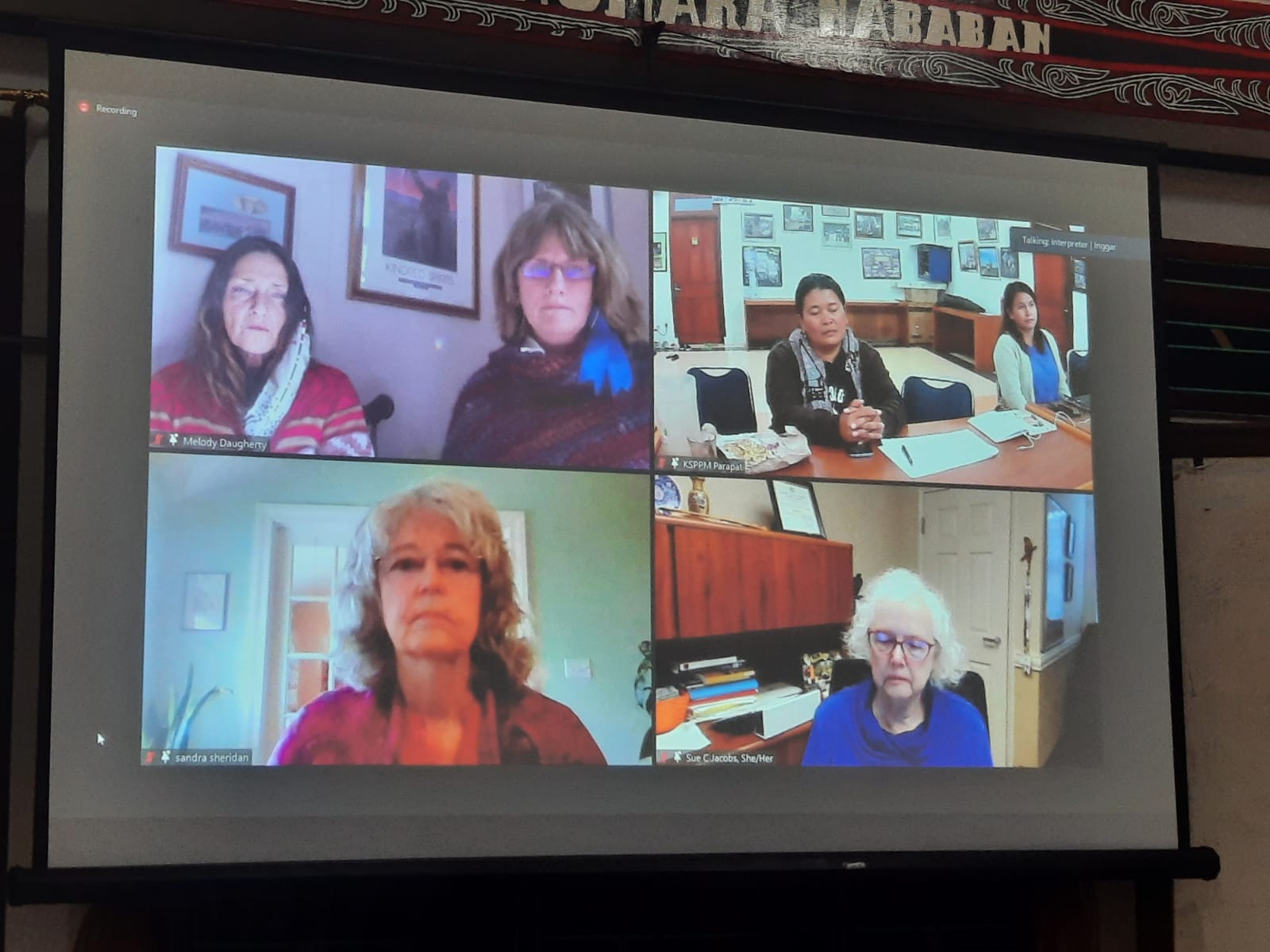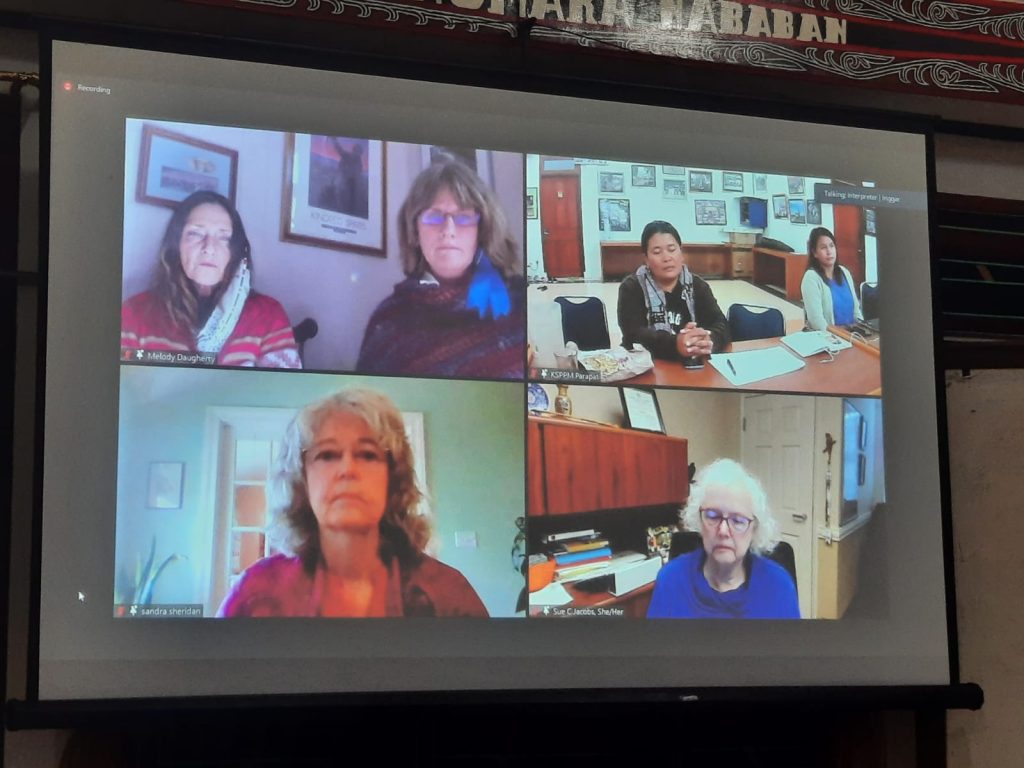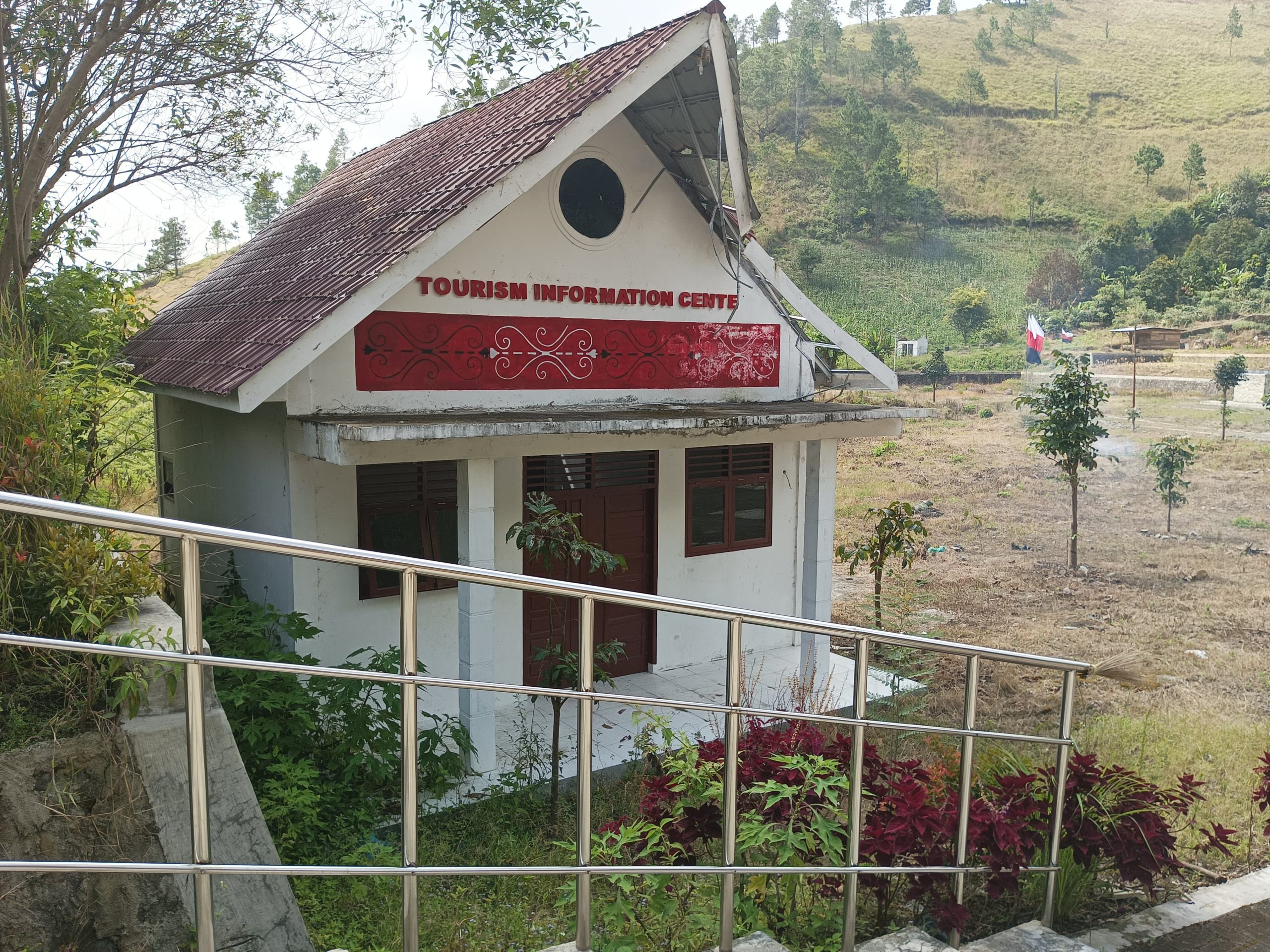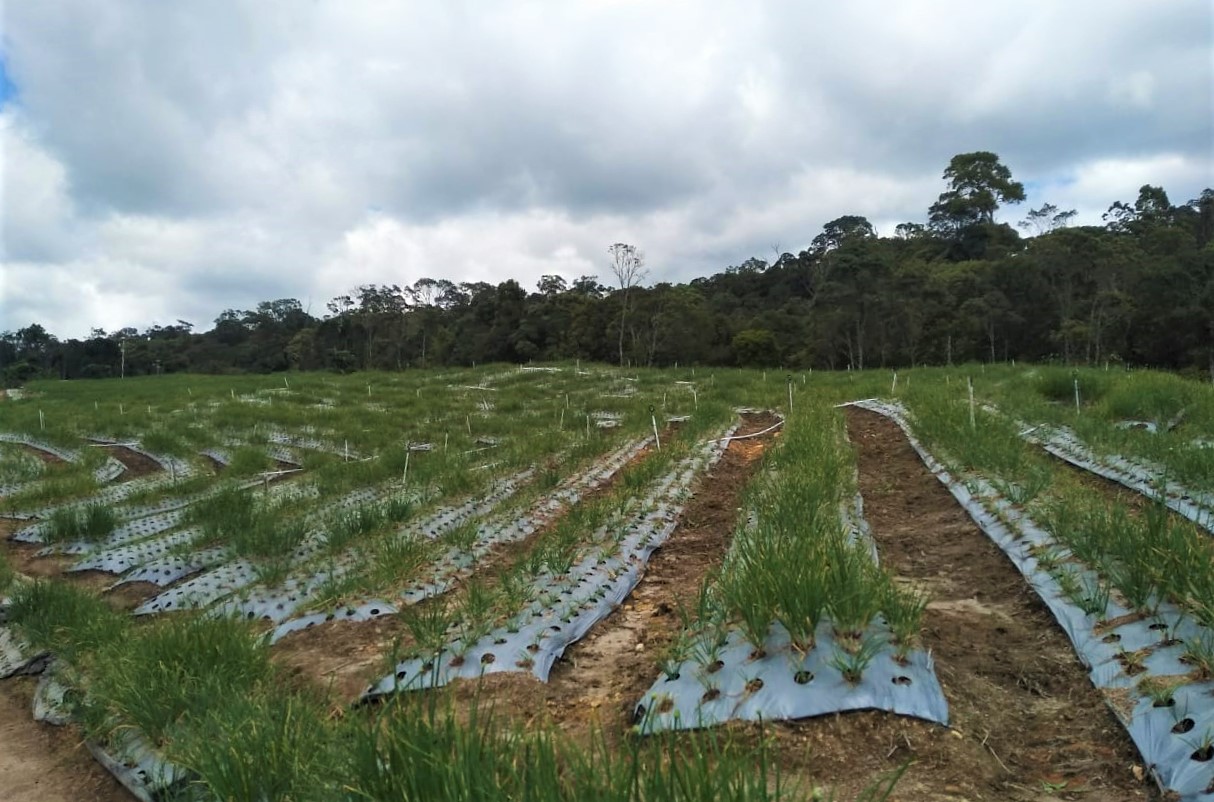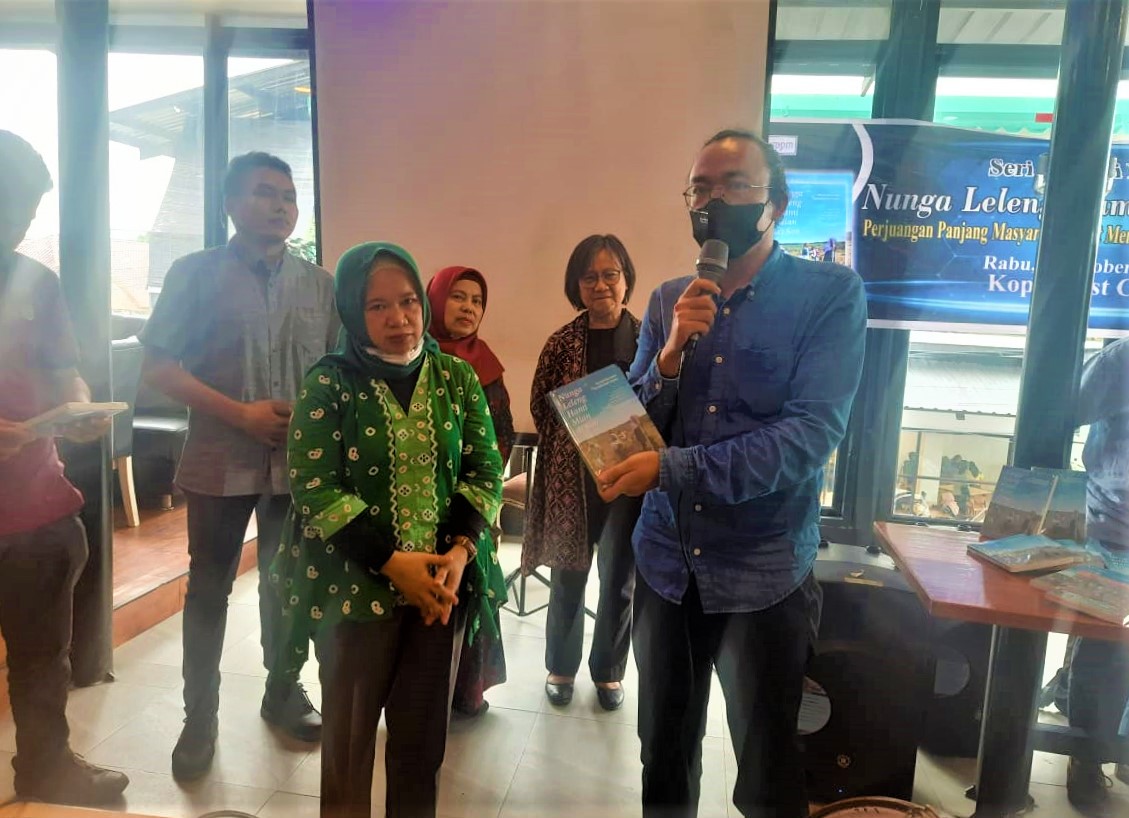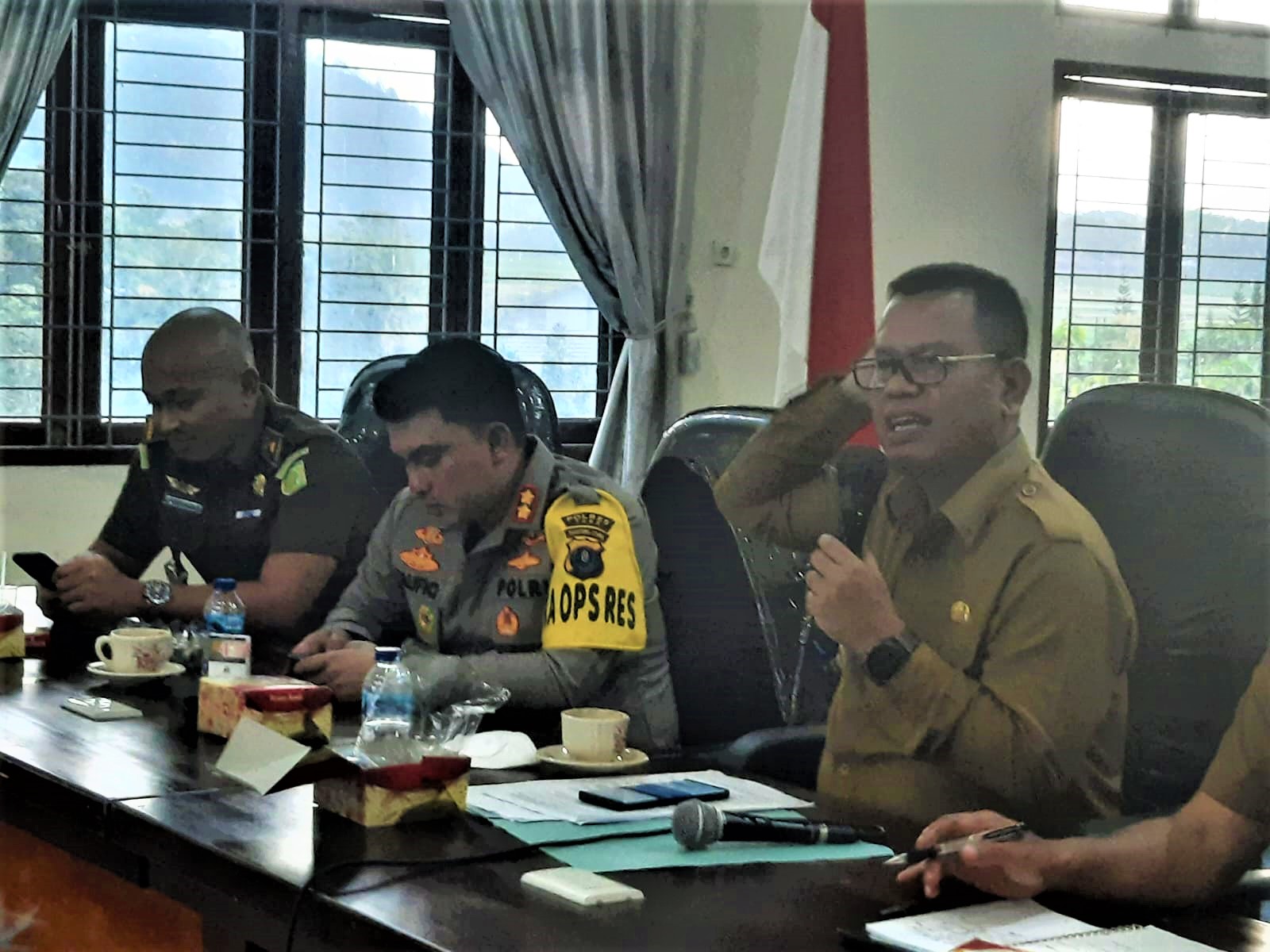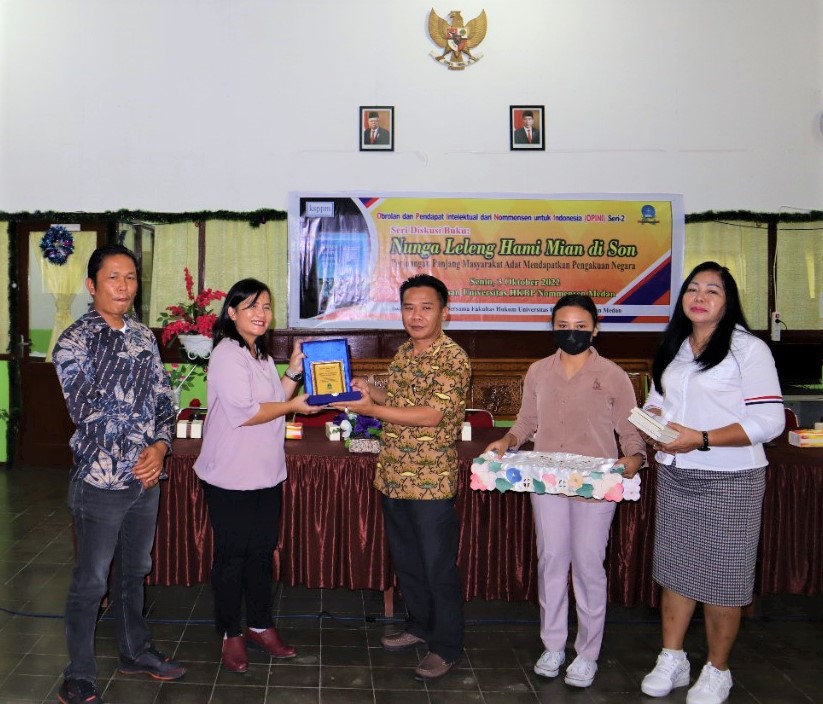Tuesday, 15 March 2022. A number of international NGOs organised a discussion on environmental issues and indigenous peoples. The discussion presented 4 (four) speakers, namely Regina Lopez-Whiteskunk (Cross-Culture Program Manager at Montezuma Land Conservacy, Former Council-woman of the Ute Mountain Ute Tribe, and Former Co-chair of the Inter-tribal Coalition on Bears Ears), Melody Daugherty (Tsalagi, Founder and Executive Director of the Manitou Pollinators), Sharrie Perry-Nicholson (Comanche, Native Law, Educator in school system, community builder for native youth), and Eva Junita Lumban Gaol (Indigenous women community leader and administrator of the Pargamanan-Bintang Maria Indigenous Community).
Starting at 23.00 WIB, the discussion was opened by Sandra Sheridan (NGO Committee on the Rights of Indigenous Peoples and Sunray Meditation Society) and Sue C. Jacobs (Professor in the School of Community Health Sciences and Counselling Psychology at Oklahoma State University).
The moderator then gave the speakers the opportunity to introduce themselves and each shared information about the struggle of women in defending indigenous territories. All the speakers admitted that they are experiencing an environmental crisis and to overcome this very serious problem, they are working together with other indigenous peoples to build collective strength.
Delima Silalahi, KSPPM Programme Director, was given the opportunity to introduce KSPPM as an NGO that focuses on assisting structural cases in Tano Batak which often make indigenous peoples victims. Delima shared data on the deprivation of living space by PT TPL.
In the discussion via zoom, Eva Junita Lumban Gaol, an indigenous woman of the Toba Batak tribe, recounted the struggles of her community to tears. She explained the impacts caused by PT TPL on her customary territory, the land inherited from their ancestors. These impacts include environmental damage, decreased household income due to less sap from incense trees, damage to rice fields due to decreased irrigation discharge because eucalyptus plants absorb a lot of water, to criminalisation carried out by PT TPL and the police.
During the question and answer session, the discussion participants asked three interesting questions to be answered by the speakers. The first question was about the source of inspiration (as indigenous women) to continue fighting for indigenous territories. It was fascinating that all the resource persons had their own inspiration in continuing the struggle. Melody Daugherty said that the inspiration was her mother who once said about nature, “All creatures have the right to live”. Likewise, Eva said that her mother was her inspiration. For Eva, just as mum gives life, so does the land. Meanwhile, Sharrie said that her inspiration is the Creator.
The next interesting question is why indigenous women continue to fight to defend their customary territories. Eva and Delima have the same reason, which is land. For them, losing their land means losing their identity. Melody admitted that the reason that keeps her fighting is spiritual, about her relationship with the creator of the earth. Sharrie admitted that she keeps fighting because she wants her grandchildren to be able to enjoy the beauty of nature until they grow up.
The last question was about the regeneration of the struggle, and how young indigenous women can continue the struggle. All the speakers said that the most effective way is to conduct dialogue and knowledge transformation.
After the question and answer session was over, the moderator summarised the results of the discussion that lasted for approximately 90 minutes and gave the speakers the opportunity to deliver closing statements.**

